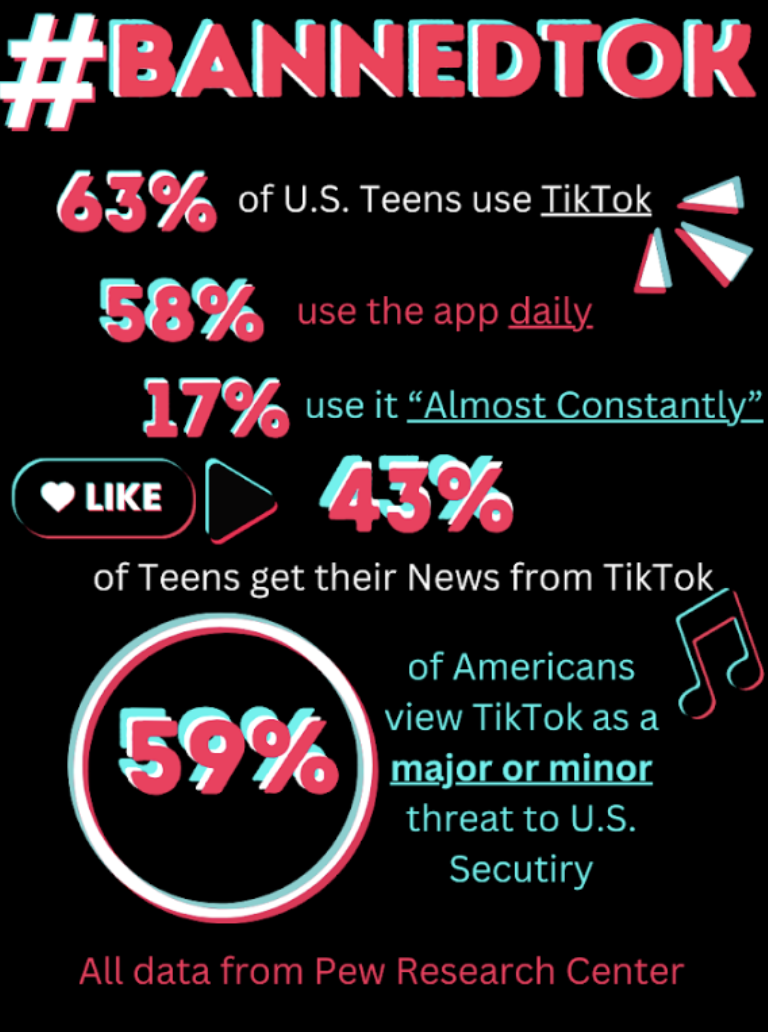From its bizarre vocabulary to its excruciating grammar, the structure of the English language is organic chemistry combined with astrophysics.
Though it’s my mother tongue, I might as well be just learning it as a non-native speaker. I mean, I have a better comprehension of Latin grammar.
So, being the linguistics nerd that I am, here are my suggestions to improve this less-than perfect language.
1. Have one sound for each letter. Most letters have at least two contrasting melodies. Needless to say, mastery of our phonology is futile. I particularly detest C. Sometimes it’s soft, hard or pronounced as if there’s an h after it.
Why?
It would be the greatest gift for everyone if each sound were arranged with one letter. That’s right. One sound equals one letter. We’ll have to expand the alphabet. But, hey, look at Icelandic. It has done such and is spoken in the nation with the lowest crime rate.
2. Reduce irregularity. We’ve all wondered this at some point: if goose is geese, why is moose not meese? Sure, every language has its share of irregular nouns, verbs, adjective, etc. It seems, though, that in English the extremes are such that there’s no such thing as regularity. I’ve had trouble with this as a native speaker and bet it’s hell for non-natives.
We should restructure all the major words in English so that there’s a little more correlation. This will certainly keep you from making basic mistakes and that nun from scolding you and complaining about “children’s pitiful grammar these days.”
3. Give nouns genders. I’m all for an equal, gender-blind society. But we desperately need the grammatical version of genders. One-fourth of the world’s languages, not including English, have such lingual distinctions, which can gladly dictate everything from articles to suffixes. This helps defog one’s knowledge of a language.
Say, two contrasting words sound similar, but one is masculine and the other is feminine. Then there’ll be less confusion on which is correct. Our society is messy enough. The last thing we can afford to keep is the closeness between “compliment” and “complement” without further categorization.
4. Have a quota for certain words. “Awesome,” “trend” and many others are overpopulating to absurdity in our daily vocabulary. With this, they mesh into a blurry pool of meanings. Like does “trend” mean something on Twitter, or a popular type of hat? We’re taught fancy words like “abate” and “duress” in our English classes. These aren’t just for the SAT, but life as well.
Let me break it down for you. Potential employers would more likely listen to you in your interview if you sprinkled advanced vocabulary throughout as opposed to yammering on like a seventh grader. Therefore, can there please be an annual legal limit on these aggravating words?
It’ll prevent more of us from going insane and may also reduce unemployment.













































